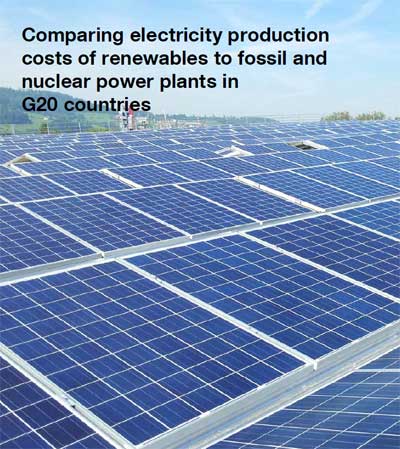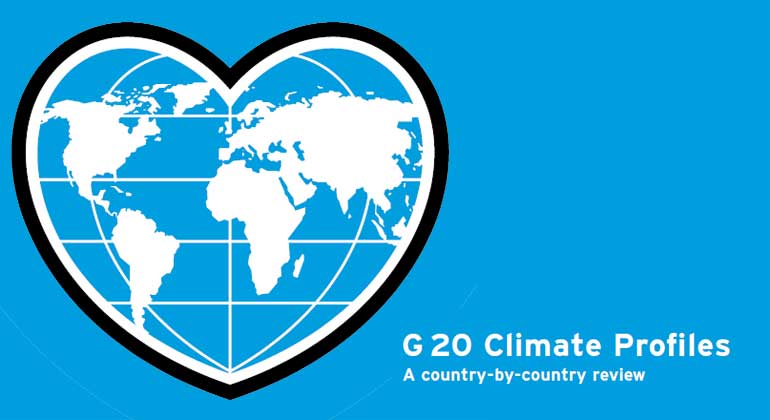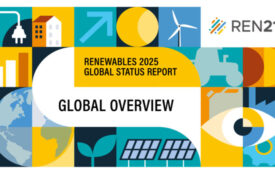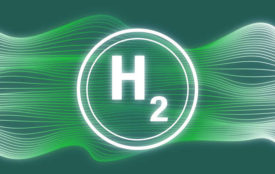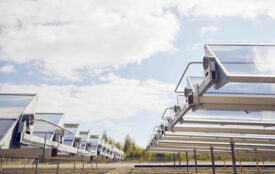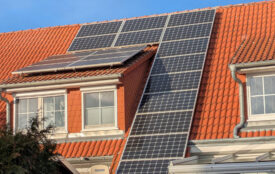Greenpeace study finds RE will be cheapest electricity in G20 countries by 2030
Wind energy and solar power will be the cheapest form of power generation in every G20 country by the year 2030 at the latest, a new Greenpeace Germany report has found.
Ahead of the G20 Summit in Hamburg, the Greenpeace Germany-commissioned study also found that in about half of the G20 countries, renewable energy has been cheaper or equal in price to electricity generated from dirty coal or hazardous nuclear power plants since 2015.
“There can be no excuses anymore. Climate protection increasingly makes economic sense across the G20 as renewable energy becomes cheaper than dirty coal and nuclear,” Greenpeace Germany energy expert Tobias Austrup said.
“Any G20 country that is still investing in coal and nuclear power plants is wasting their money on technology that will not be competitive in coming years. The G20 now has a responsibility to send a clear signal that accelerating the clean energy transition is not only the right thing to do for the climate, but also for the economy.”
The Finnish Lappeenranta University of Technology study, commissioned by Greenpeace, calculates the electricity generation costs in all G20 countries for the years 2015 and 2030.
The study found that wind farms already generate the cheapest form of electricity in 2015 in large parts of Europe, South America, the US, China and Australia. Due to rapid technical progress and falling price, in 2030 solar energy will be so cheap that it will be even cheaper than wind power in many G20 countries.
Global investments mirror the results of the Greenpeace study. UN figures reveal that in 2016 investments in renewables were double that of investments in conventional power stations. About 55 percent of the added electricity capacities were based on renewable energies last year – a record figure. US President Trump, however, is mistakenly promoting coal and nuclear power.
“Trump’s energy policy is simply a bad deal,” Austrup added. “The US has excellent conditions for expanding its wind and solar energy capabilities and states like California, Texas or Iowa will not miss this chance.”
- Greenpeace Germany study comparing electricity production costs
- UN study on global trends in renewable energy investment
- The “G20 Climate Profiles | A country-by-country review” – online
